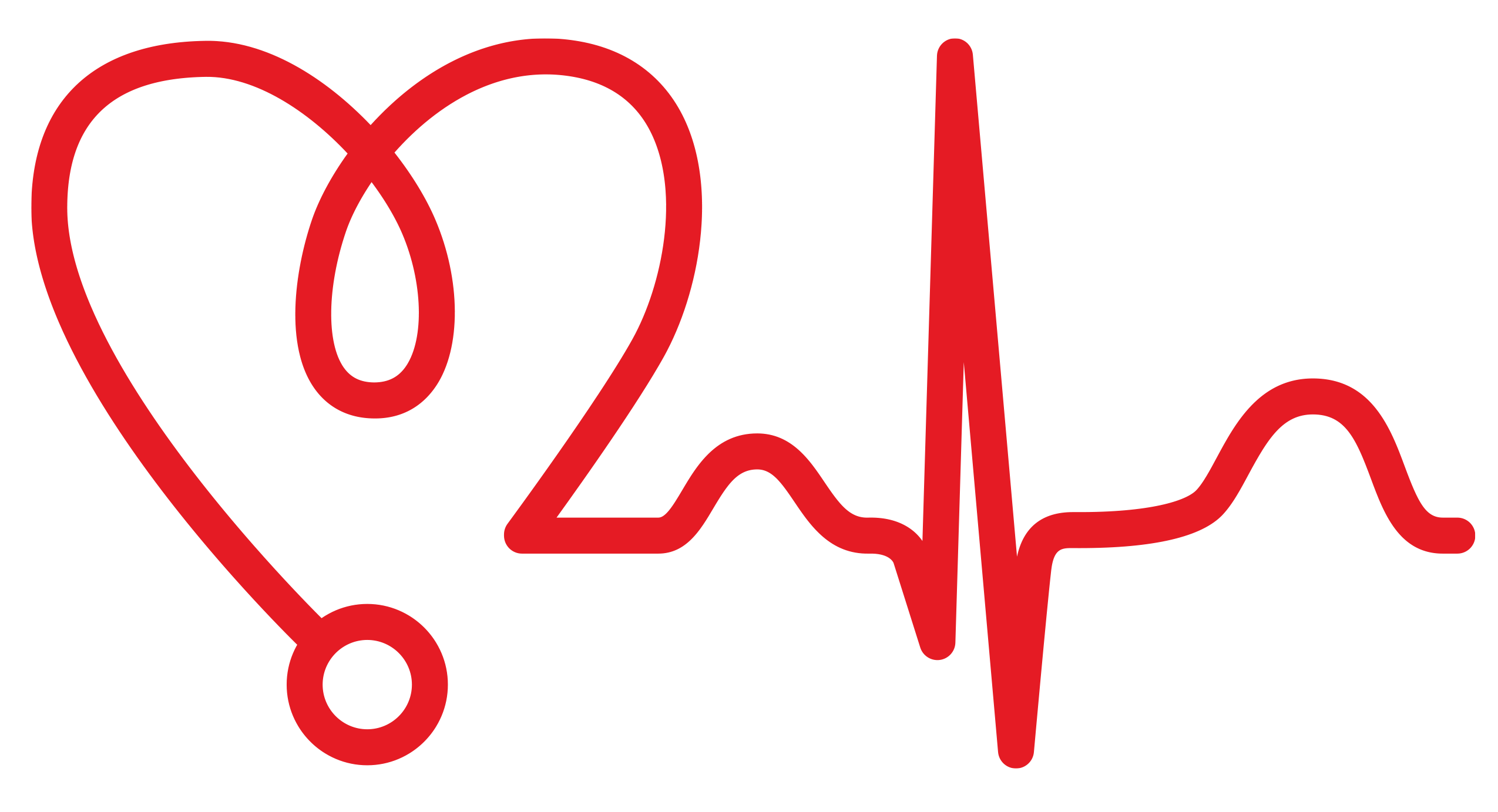


Unique - A Woman's Heart
Heart disease is the LEADING cause of death for women in the U.S. It can affect women of any age. At UofL Health – Heart Hospital’s Women’s Heart Program we provide comprehensive cardiovascular medical care to women of all ages and all walks of life. While the death rate from cardiovascular diseases has decreased among men, it continues to increase in women.
In the Women’s Heart Program, a multidisciplinary team of providers, including cardiologists, cardiac surgeons, nurse practitioners, nurses, dietitians and exercise physiologists, has specialized expertise in preventive cardiology, coronary artery disease, heart failure, arrhythmia, valve disease, vascular disease, pregnancy and heart disease.
Cardiovascular disease is NOT just a man’s disease. Cardiovascular disease is the Number 1 killer of women over age 25 in the United States, regardless of race or ethnicity.
Unfortunately, only 1 in 3 women are aware that heart disease is the greatest health problem facing women today. When surveyed, most women believed that cancer was the leading cause of death in women, but cardiovascular disease is the single leading cause of death for women in America and claims the lives of more women than all forms of cancer combined.
Call us at 502-587-4000
The Truth About Women's Heart Disease
Heart disease is THE NUMBER ONE KILLER OF WOMEN in the U.S., killing 400,000 women each year
Women are 50% MORE LIKELY to be given a wrong diagnosis after a heart attack
Women's hearts are TWO-THIRDS THE SIZE of men's
In nearly half of all heart attacks among women, TYPICAL MALE SYMPTOMS ARE NOT PRESENT
48 MILLION
American women living with or at risk for heart disease
YOUR HEART HEALTH AT EVERY AGE
20s
Risks: The birth control pill and smoking can both increase risk of clotting, which can exacerbate genetic predispositions to have clotting and related pulmonary/heart conditions.
Symptoms: Pain or swelling in the legs
Caveats: Not smoking is the number one step young women can make to preserve heart health; non-hormonal birth control may be the best option if there is a family history of cardio/pulmonary issues.
Screenings & strategies: Establish good dental hygiene habits and regular dental appointments as a young adult; dental inflammation has been closely associated with cardiac inflammation.
30s
Risks: There has been an increase in heart rhythm disorders like arrhythmia, supraventricular tachycardias in this age group. Pregnancy and fertility drugs can raise risk of heart/vascular complications.
Symptoms: Dizziness, shortness of breath, fatigue
Caveats: Family heart disease should be discussed with doctors before beginning fertility treatments so appropriate treatment and monitoring can be determined. A full physical is recommended before becoming pregnant to screen for heart disease and/or high blood pressure.
Screenings & strategies: Ask your doctor if it's time to start blood glucose and cholesterol testing. If you're planning to become pregnant in the near future, prioritize healthy diet and exercise as a means of achieving and maintaining a healthy weight.
40s/50s
Risks: High blood pressure and high cholesterol can lead to Coronary Artery Disease which can put a woman at risk for myocardial infarction. Coronary Artery Disease can present differently in women.
Symptoms: Increased perspiration, shortness of breath, dizziness.
Caveats: Heart symptoms are often dismissed as menopausal or perimenopausal.
Screenings & Strategies: Discuss adding diabetes and lipid screening for high blood pressure to annual physicals. Reducing salt intake and lowering dietary cholesterol are key at this age.
60s+
Risk Factors: Reduced estrogen can cause increased risk of heart attack and stroke. Risk of peripheral vascular disease such as clotting in the legs also increases.
Caveats: Heart screening should be done when vascular issues like clotting or swelling in the legs present. Taking baby aspirin every day to reduce heart attack risk is no longer recommended unless advised by a doctor because it can increase risk of stomach bleeding.
Screenings & Strategies: Ask about a coronary calcium score- a quick, 10-second CAT scan of the heart, with no contrast or IV needed that's often covered by insurance, to check for calcium buildup in arteries.
Special thanks to Today’s Woman
Photographs by Kylene White


